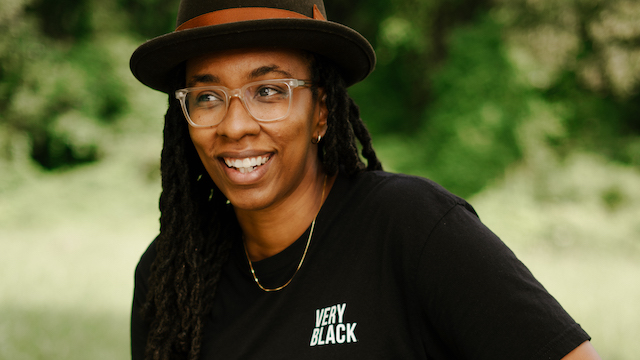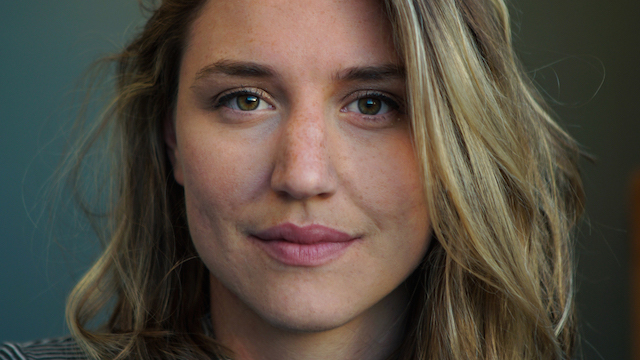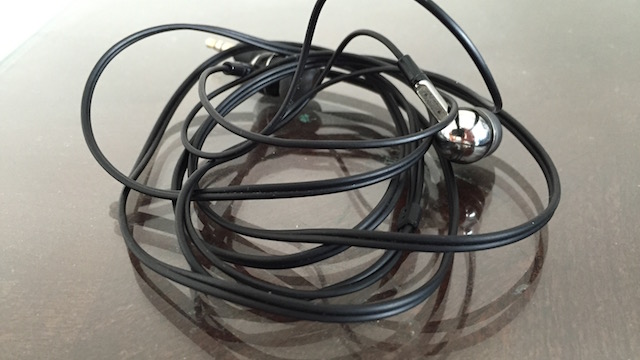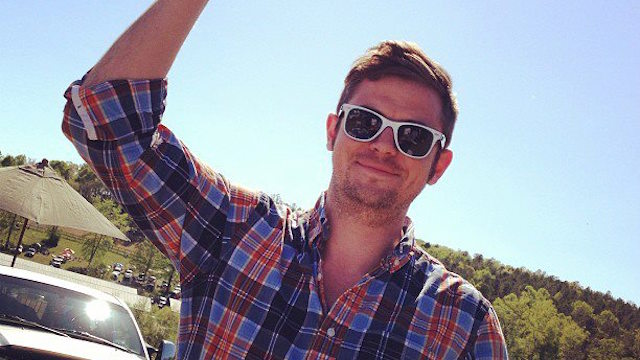If I haven’t made it clear before, I love podcasts.
I wrote about them last year. I wrote about them again last year. I even wrote about them three years ago when I first started this blog.
(And, of course, I maintain my own podcast, which just released its 40th episode and will post another new one next week.)
Very rarely, though, do I actually listen to podcasts that deal with what I do for a living.
Compelling journalism and storytelling podcasts are not necessarily hard to find; witness the innovative work regularly done by NPR, Gimlet Media, and others. But rarely do those podcasts actually address journalism and storytelling. I started my Telling The Story podcast in part because I sensed a void in podcasts that featured media members discussing their craft. Three years later, the podcasting world has expanded dramatically, with various newcomers mixing with old standbys to create a diverse mix for listeners to sample.
Here are three podcasts that, I feel, offer perspective that informs my work as a journalist:
On The Media
Speaking of NPR and old standbys, this has long been my main choice for intelligent discussions of the media landscape.
On The Media bills itself as a “weekly investigation into how the media shapes our world view”. Hosts Bob Garfield and Brooke Gladstone regularly prove up to the task, in their abilities to both frame topical news from a journalist’s lens and snag many of the newsmakers and news producers directly involved.
The podcast updates every Friday, though recently Gladstone and Garfield have begun adding shorter “extras” during the week. I particularly enjoyed Gladstone’s conversation last week with the makers of “fake news”, like the Daily Show and its ilk.
Social Media Social Hour
This one is a bit of a diamond in the rough … and it may not seem to directly translate to journalists and storytellers.
But for folks who do what I do — and who want to know how to spread their work across various social networks — it’s a winner.
The Social Media Social Hour podcast is hosted by Tyler Anderson, who runs a social media marketing company called Casual Fridays. (The link above, in fact, directs to the Casual Fridays blog.) Each week Anderson — sometimes solo but often with a guest — unfurls the complicated web of social media in a digestible, accessible way for anyone to understand.
His target audience may be entrepreneurs and marketers, but these days that umbrella somewhat includes journalists, who must constantly promote their work on Facebook, Twitter, and the like.
Surprisingly Awesome
Here is another podcast that, on the surface, might not seem directly related to journalism and storytelling … and yet its basic premise is essentially a storyteller’s primary building block.
Presented by Gimlet Media, the Surprisingly Awesome podcast delves into seemingly boring subjects that have an extraordinary back story or secret. It is hosted by Adam Davidson and Adam McKay, the latter of whom just took home an Oscar for writing and directing the Best Adapted Screenplay-winning The Big Short.
I loved the idea of this show from the beginning, but I especially love the vigor with which its hosts peel back the layers of whatever they happen to be discussing. I was hooked by their episode about the 1990s pop hit “Tubthumping” by Chumbawumba, whose back story left me stunned.
As a journalist, I find essential the ability to take a news event and explain to people why it matters. This podcast regularly awakens my spirit.
Matt Pearl is the author of the Telling the Story blog and podcast. Feel free to comment below or e-mail Matt at matt@tellingthestoryblog.com.



